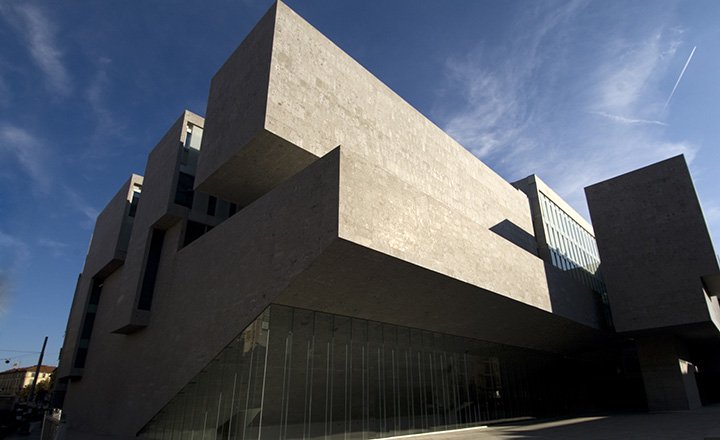Governing climate engineering: Insights from a public good or bad experiment

Riccardo Ghidoni, University of Milano Bicocca
Co-Authors: Anna Lou Abatayo; Valentina Bosetti; Marco Casari; Massimo Tavoni
Climate engineering - the deliberate large-scale manipulation of the Earth’s natural system - is a proposed method for reducing climate change impacts. It is a controversial strategy, which raises major governance challenges. One is the risk of over-provision above what socially optimal level, where the country with the highest preference for climate engineering deploys it at the expenses of other regions - a term which has been dubbed "free driving''. We investigate this issue by means of a laboratory experiment on a public "good or bad'' game. Decision-makers produce a public commodity (i.e. engineer the climate), but differ in their ideal point and loose from any upward or downward deviation from the ideal points. We test whether, in the baseline, the theoretical equilibrium prediction of an overproduction of climate engineering relative to the social optimal holds in the lab, and find that it does. We then test the role of two technological and institutional responses: (1) counter-geoengineering, the possibility of undoing climate engineering production; and (2) treaty, the possibility of dictating another team’s production level in exchange for money. In the Counter treatment, the realized total surplus was half the predicted level. The loss was driven by the extreme variability in global geoengineering, rather than the escalation in geoengineering and counter-geoengineering efforts. Instead, the Treaty treatment decreased global geoengineering and increased total surplus in economies with respect to Baseline. However, its impact remained well below the expectation to achieve the socially optimal outcome, because too few treaties implemented.
